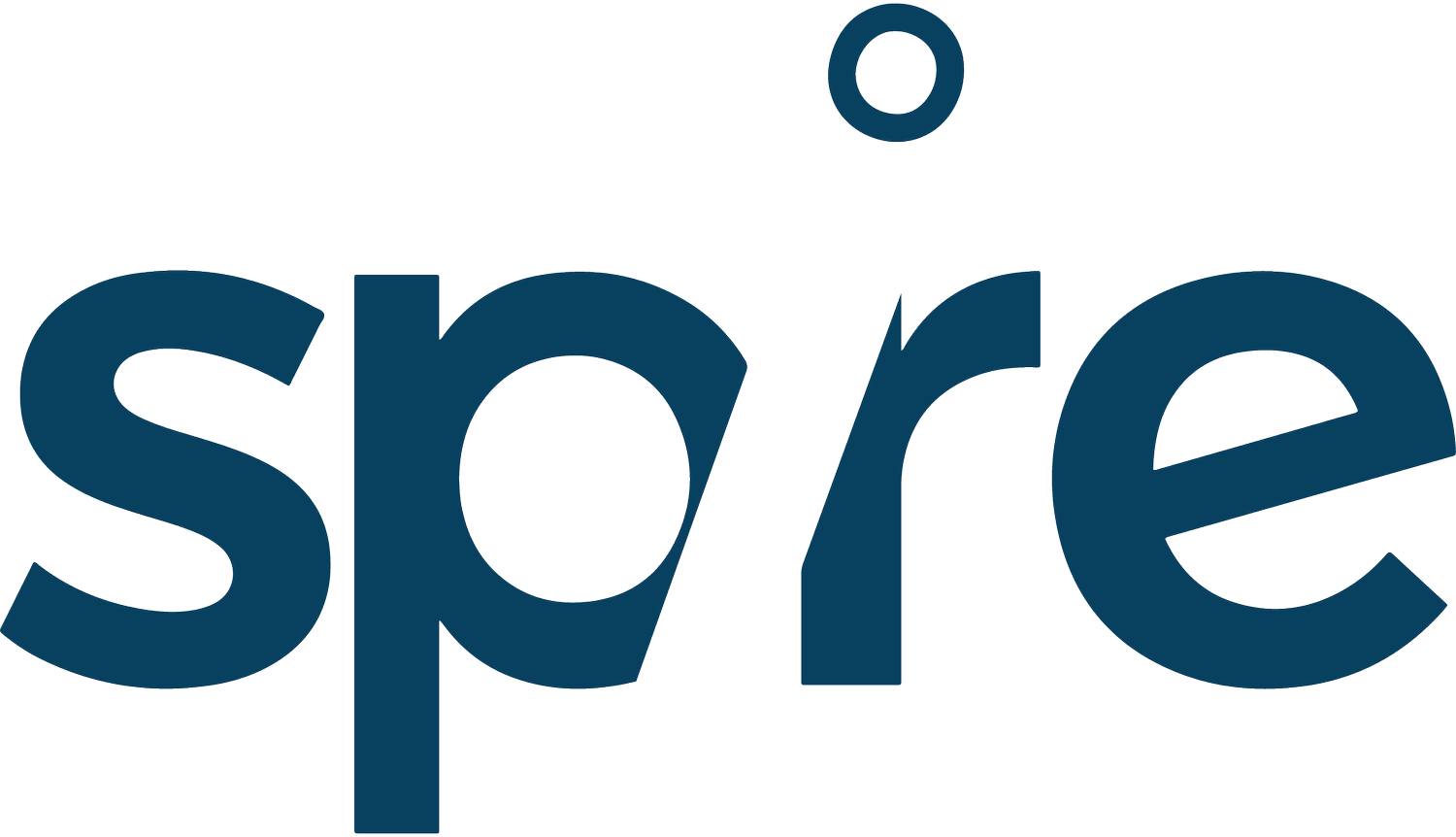Your First Travel Assignment: What to Know Before You Apply
Starting out as an allied or clinical traveler can feel overwhelming. Between navigating facility requirements, understanding applications, and managing expectations, it’s easy to feel stuck before you even begin. That’s why connecting with the right recruiter early makes all the difference.
Here’s what first-time travelers need to know before applying — and the practical steps that can help you get started on the right foot.
1. Not Every Facility Accepts First-Time Travelers
Many facilities don’t explicitly state whether they accept first-time travelers in their job postings. You could spend hours applying and never hear back simply because you’re new to travel.
Key Items:
Talk to a recruiter first. Recruiters know which facilities are open to first-timers and which aren’t. This saves you wasted applications and lost time.
Be upfront about your experience. Sharing that you’re new to travel helps us advocate for you with facilities that will support you.
Stay flexible. Your “dream location” might not be available for first-time travelers, but gaining experience now opens up more desirable options later.
2. Understand Travel Stipends Before You Go
Your pay package is more than just an hourly rate. Travel stipends are a big part of your compensation — but mishandling them can cause financial headaches or tax issues.
Key Items:
Learn the dos and don’ts. Not every expense qualifies, and some payments may be taxable. Spire recruiters walk you through what’s covered.
Avoid duplicating expenses. Don’t claim stipends for costs already reimbursed by the facility — this can cause compliance issues.
Ask for a breakdown. Always request a clear explanation of your pay package so you know exactly what’s taxable and what isn’t.
3. Your First Week is All About Orientation
Your first week at a new assignment is usually orientation. After that, most facilities adopt a “sink or swim” mentality, expecting you to function independently.
Key Items:
Take orientation seriously. Even if it feels basic, it’s your chance to learn the facility’s systems, protocols, and expectations.
Ask questions early. Get clarity on workflows, charting, or equipment before you’re on your own.
Lean on your recruiter. We’ll check in before and after orientation to make sure you feel prepared and supported.
4. Manage Expectations Around Staffing Ratios & Support
Facilities often bring on travelers when they’re short-staffed, which means higher patient loads or less tech support.
Key Items:
Expect to be depended on. Facilities rely on travelers to step into tough situations — being adaptable is part of the role.
Know your limits. Never compromise patient safety. If ratios feel unsafe, speak up and lean on your recruiter for backup.
Stay grounded. Remember: your role is critical, but temporary. Focus on doing your best while keeping perspective.
Closing
Your first travel assignment doesn’t have to feel like trial and error. With the right preparation — and a recruiter who has your back — you’ll know what to expect, where you’ll thrive, and how to make the most of your first experience.
👉 Ready to start your first travel journey? Connect with a Spire recruiter today, and let’s take the guesswork out of your next step.
